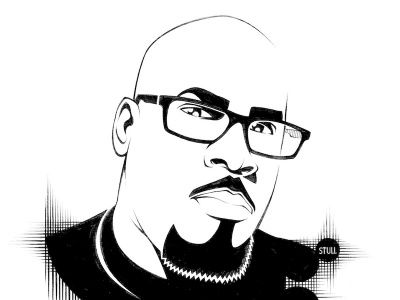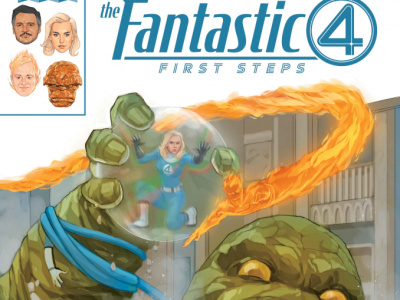
Investor Ron Burkle is in Delaware Court contesting the “poison pill” measures that bookseller Barnes & Noble adopted after learning that Burkle’s Yucaipa Cos has acquired nearly 20% of B&N’s stock. Intended to fight off a hostile takeover, the “poison pill” adopted by Barnes & Noble would allow existing investors to buy large amounts of stock at cut-rate prices once an “outsider” acquires 20% or more of the shares (see “Large Investors Circle B&N” and “B&N Fends Off Burkle”) thus making a hostile takeover prohibitively expensive.
Burkle maintains that the “poison pill” provisions are so complicated and confusing that he hasn’t been returning calls from other shareholders for fear of running afoul of the regulations. Burkle is seeking an injunction against enforcement of the “poison pill” provisions.
According to Bloomberg News, Burkle testified that his purpose in going after firms like B&N was “to make them better companies,” though he did admit his interest might be temporary by saying “we wouldn’t want to keep them forever.” Burkle criticized current B&N directors and Chairman Leonard Riggio for various actions including the $514 million purchase of Barnes & Noble College Booksellers, Inc. from Riggio at “an above market price.”
Burkle suggested that B&N should forge alliances with Hewlett Packard and Microsoft in order to be able to print paperback books on demand rather than having to hold them in inventory. Burkle also maintained that he had considered making an offer of $25 a share for B&N stock before deciding that the effort would be futile considering Riggio’s 32% stake in the company. Barnes & Noble stock is currently trading in the $12-$13 range, and the company has indicated that it may lose as much as 40 cents a share this year, primarily because of a $140 million investment in its digital book unit.
A major contradiction in the stories told by the two sides of the dispute centers on the question of whether Barnes & Noble should attempt to buy Borders. Burkle claims that he merely suggested that B&N should grab some Borders assets if the Borders Group went into bankruptcy, and that he told Riggio that “buying Borders was a bad idea.” However Riggio told the B&N board that Burkle wanted B&N to buy Borders.







